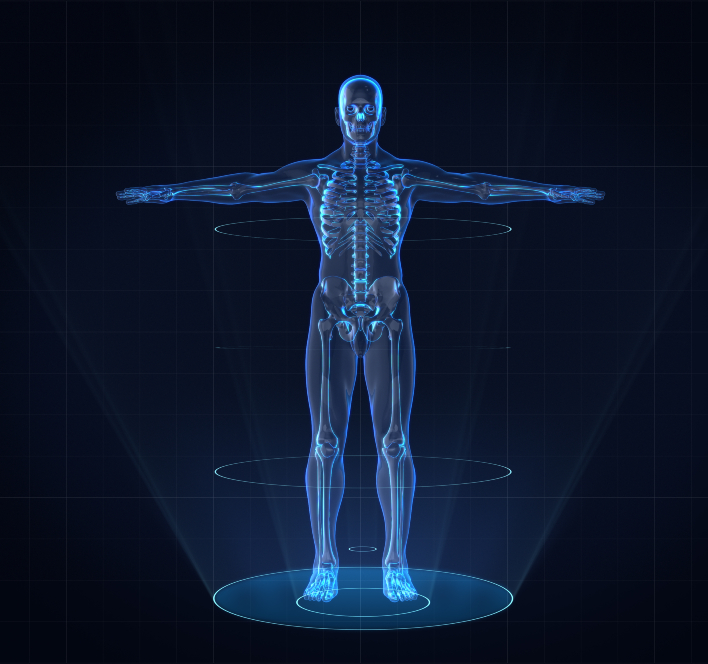Back pain is incredibly common, and for many people it starts gradually. A sore lower back after a long day, stiffness in the morning, or discomfort after lifting something heavy can feel routine. But when…
Diseases that affect your bones can develop without you knowing unless you test for them. You may also have symptoms like aches and pains and never realize that something more serious is developing. This is why your doctor may recommend getting a bone scan or a bone density test. Early detection can often lead to better outcomes for treatment.
What Are Bone Scans and Density Tests?
A bone scan is a type of imaging test that is used to detect bone diseases. During a bone scan, you will lie on a table while a special scanner moves over your body. The scanner sends out low doses of radiation that pass through your bones. Different types of bone diseases will show up on the scanner and can be detected and diagnosed. Bone scans are mainly used in cancer patients to determine if the disease has spread to the bones. They can also be used to detect other diseases like rheumatoid arthritis, infections, and kidney disorders that affect your bones.
A density test measures how dense your bones are. Density tests are often done along with a CT scan that can assess your soft tissue. The density test is often done to measure the amount of minerals in your bones.
Osteoporosis is a disease that can lead to low bone density. A density test can show if you have osteoporosis and help your doctor decide your treatment. A CT scan, DEXA scan, or a Sonogram are the three common ways that doctors measure your bone density. You may have to have both tests if your doctor thinks you have conditions like arthritis or osteoporosis.
How Are Bone Scans and Density Tests Different?
A bone scan and a density test are two different tests that look at your bones in different ways. Bone scans are more invasive and can show changes in your bones that are not visible to the eye. A density test will only show areas of your bones that are affected by diseases.
Density tests can also show up areas that are not diseased but are likely to be affected in the future. Bone scans will show up any abnormalities in your bones and can be used to diagnose a disease. Density tests are mainly used for osteoporosis and can show if you are at risk for developing the disease in the future.
When Should I Get a Bone Scan or Density Test?
A bone scan can be used to detect diseases that affect your bones or to rule out diseases like arthritis or infections. Bone scans can also be used to diagnose diseases like multiple myeloma, osteosarcoma, or cancer. Your doctor will decide when you should have a bone scan based on your medical history and symptoms. People with cancer or other diseases that affect the bones may need to get a bone scan to monitor the disease.
If you are at risk for osteoporosis, your spine doctor may recommend a density test. This test is often done along with a CT scan to look at your soft tissue. Osteoporosis is a disease that can lead to low bone density. A density test can show if you have osteoporosis and help your doctor decide your treatment.
Bone scans and density tests take different amounts of time. Bone scans generally take about one hour and density tests take one to two hours. You may have to wait a few weeks before getting a density test if you recently had a CT scan or got an X-ray. These tests can interfere with the results.
Don’t Wait to Talk To Your Doctor About Back and Bone Health Concerns
If you have concerns about your bone health, don’t wait to seek treatment. Here at Orthopedic & Laser Spine Surgery, our team of doctors offer personalized treatment plans for your specific ailment. We take time to learn about you and your condition as well as educate you about your circumstances before proceeding with treatment options. Our goal is to help you regain your quality of life by reducing or removing pain from the equation.
Contact us at OLSS by calling (855) 853-6542 or filling out our contact form to schedule an appointment.

